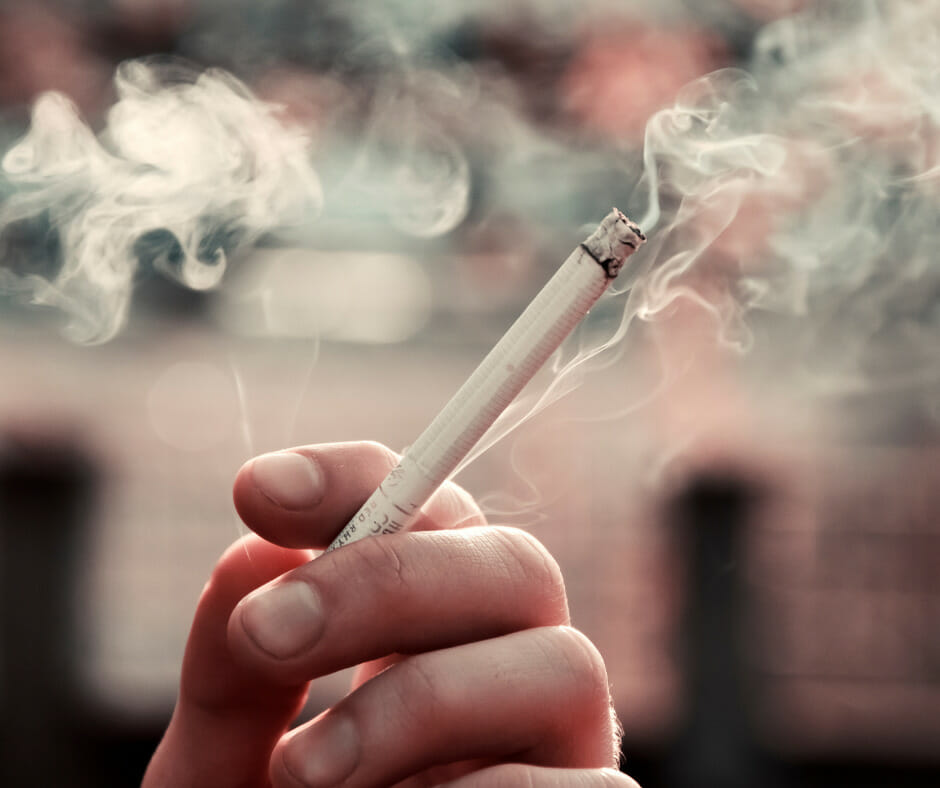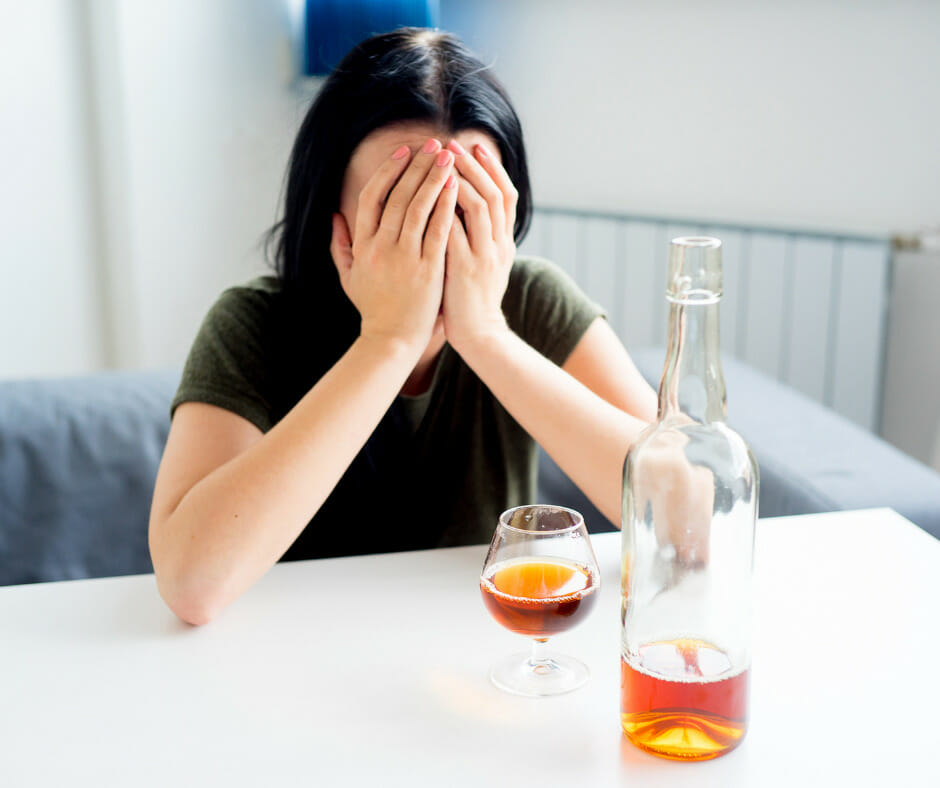Embarking on the journey towards sobriety is a challenging but rewarding experience. However, the path to recovery often comes with obstacles, one of which is relapse. While the idea of “what is a relapse” may feel daunting, it is crucial to understand that experiencing a relapse does not signify failure. Instead, it can serve as a valuable learning opportunity, allowing individuals to grow and strengthen their commitment to sobriety. In this blog post, we will delve into the complexities of relapse, explore risk factors, and discuss coping strategies and treatment options that can support long-term sobriety.
Key Takeaways
- Understanding relapse is essential for reducing the risk of future relapse and promoting long-term sobriety.
- Risk factors for relapse include psychological disturbances, tension, and inadequate assistance. Stress management techniques can help mitigate this risk.
- Strategies to prevent or manage a potential relapse involve identifying triggers, practicing self-care, seeking professional help & involving family members in recovery process.
Understanding Relapse: Definition and Types

Relapse in the context of addiction recovery refers to an individual returning to unhealthy behavior after a period of abstinence. There are three types of addiction relapse in substance use disorder: traditional, freelapse, and stages of relapse, which comprise emotional, mental, and physical components. Recognizing the stages of relapse is important since they often serve as warning signs. This recognition can guide individuals and their support systems in taking preventive measures before a full-blown relapse occurs.
The potential repercussions of relapses in drug abuse can be severe, ranging from job loss and disruption of family life to incarceration and, in extreme cases, death. However, understanding the nature of relapse and its various stages can empower individuals to take proactive steps in their recovery process, minimizing the risk of future relapse and paving the way for long-term sobriety.
The Prevalence of Relapse in Addiction Recovery

Experiencing one or multiple relapses before ultimately attaining long-term sobriety is a common journey for many individuals striving to conquer addiction. According to Moos & Moos, in individuals receiving treatment, short-term remission rates range from 20% to 50%, depending on the disorder’s severity and the remission criteria. In contrast, studies suggest that without treatment, remission rates can be as high as 50% to 80% or even more, depending on the severity of alcohol-related issues. These statistics may seem discouraging at first glance, but it is essential to recognize that relapse rates in addiction are comparable to those of other chronic diseases, such as asthma and hypertension, which range from 50 to 70%.
The stages-of-change model predicts that individuals will progress through a cycle of:
- Avoidance
- Contemplation of quitting drug use
- Taking active steps to quit
- Potential relapse
This model underscores the notion that relapse is a natural part of the recovery journey and emphasizes the significance of creating and executing a comprehensive relapse prevention plan to lower the risk of future relapses.
Is Relapse a Sign of Failure?

A commonly held misconception about relapse in alcohol dependence recovery is that it is often viewed as a setback. However, a more constructive approach to addressing relapse in substance addiction is acknowledging that relapse is an expected component of the recovery journey. It is generally accepted that relapse may be seen as:
- an opportunity to gain insight into mental health issues
- a chance to reassess and strengthen coping strategies
- a reminder of the importance of ongoing support and self-care
Rather than viewing relapse as a reflection of an individual’s lack of fortitude, it can be seen as a valuable learning experience on the path to long-term recovery.
Acknowledging relapse as a regular component of quitting is of great importance, as it enables individuals to gain insight from the experience and participate in relapse prevention programs. Research has shown that individuals and addiction treatment programs that accept relapse as a normal part of the recovery process are more successful. This approach fosters a mindset of continuous learning and growth, empowering individuals to adapt and refine their recovery strategies as needed.
Common Risk Factors for Relapse
Various risk factors, including psychological disturbances, tension, and inadequate assistance, can contribute to relapse into drug abuse. To better understand and prevent relapse, it is crucial to explore the role of mental health, stress, and support systems as contributing factors.
Mental Health and Relapse
The relationship between mental health conditions and relapse, including mental relapse, in addiction recovery is undeniable. Mental health conditions can exacerbate the likelihood of relapse, making it vital for individuals to address any underlying mental health issues during their recovery process. By addressing mental health concerns, individuals can gain a better understanding of the potential triggers for relapse and develop coping strategies to manage them more effectively.
In addition to addressing comorbid mental health disorders, it is also important to consider the role of stress in relapse. Having a robust support system can help mitigate the likelihood of relapse in addiction treatment. Family members, in particular, can provide essential support and assistance to prevent relapse in alcohol dependence recovery. “Family members can successfully motivate a person with AUD to initiate changes in drinking or to seek AUD treatment” (The Role of Family in AUD Recovery, McCrady & Flanagan, 2021.)
The Role of Stress in Relapse

Stress can be a major contributing factor to relapse in drug use recovery, as it can provoke cravings and result in a person reverting to their former substance addiction habits. Stress can lead to relapse by inducing cravings, making it difficult to abstain from previous habits, and resulting in a feeling of being overwhelmed and unable to process emotions, thus leading to a relapse.
Managing stress levels during addiction treatment is of great importance, as it can assist in mitigating the possibility of relapse. Stress management techniques such as mindfulness, relaxation, and exercise can be utilized to lower stress levels and make it easier to cope with cravings and emotions.
Support Systems and Their Impact on Relapse
Having a strong support system is essential for relapse prevention. Support systems can provide both emotional and practical assistance, which can reduce the risk of relapse during substance use disorder recovery. Additionally, they can help individuals sustain positive behavior change and promote an overall sense of well-being.
Having a reliable support system can be integral in helping individuals effectively manage stress and triggers, and can provide them with the impetus to more actively participate in addiction treatment. By fostering a supportive environment, family and friends can play a pivotal role in helping individuals achieve long-term sobriety.
Coping Strategies to Prevent Relapse

Developing and employing effective coping strategies are important steps to equip individuals better on their recovery journey. Some key strategies for preventing relapse include identifying triggers, practicing self-care, and seeking professional help from experts at an institution like Lantana Recovery.
Identifying and Managing Triggers
Recognizing triggers is essential in order to identify situations that may cause relapse in drug use and take the necessary measures to prevent them. Triggers can include:
- Moods
- Attitudes
- Situations
- Behaviors
- Environmental changes
Individuals may be able to recognize potential triggers by maintaining a journal, consulting with a therapist, or participating in an addiction treatment support group.
Managing triggers in drug abuse recovery may involve avoiding certain situations, engaging in self-care activities, and seeking professional assistance. By developing a personalized plan to address and manage triggers, individuals can reduce the likelihood of relapse and maintain their progress toward long-term sobriety.
Practicing Self-Care for Relapse Prevention
Practicing self-care, sustaining a healthy lifestyle, establishing boundaries, and adopting relaxation techniques are critical steps in avoiding relapse into substance addiction.
Sustaining a healthy lifestyle is essential for successful relapse prevention in addiction treatment. By engaging in self-care practices, individuals can better manage their stress levels, regulate their emotions, and maintain a stable foundation for their recovery journey.
Yoga, deep breathing, meditation, and mindfulness practices can be beneficial for stress relief in drug use recovery. By incorporating these practices into their daily routine, individuals can develop effective coping strategies to manage stress and prevent relapse.
Seeking Professional Help
Seeking professional help is essential as it can equip individuals battling drug abuse with the necessary tools and resources to manage their addiction and avert relapse. Professional help can also offer support and guidance to assist individuals in staying on course with their recovery. Types of professional help available in addiction treatment include:
- Individual therapy
- Group therapy
- Support groups
- Medication management
- Other forms of treatment
The role of professional help in relapse prevention programs includes:
- Providing therapy and skill development
- Prescribing medications
- Monitoring progress and providing guidance
- Addressing individuals’ unique needs and challenges
By seeking professional assistance from healthcare professionals at an institution like Lantana, individuals can ensure a more personalized and effective approach to their recovery journey.
Treatment Options After a Relapse

Should a relapse occur, individuals should be aware of the various treatment options available to assist them in getting back on track. Some options for substance addiction treatment following a relapse include:
- Behavioral therapies, such as cognitive behavioral therapy (CBT), art and music therapy, yoga and relaxation techniques, physical fitness, and equine therapy
- Medication-assisted treatment
- Support groups
These treatment options can help individuals regain control and continue their recovery journey.
Medication-assisted treatment involves the use of medications in conjunction with counseling and behavioral therapies to provide a comprehensive approach to the treatment of substance use disorders. Support groups such as 12-step programs and other mutual support groups can also play a crucial role in helping individuals recover from a relapse and prevent future relapses.
The Role of Family in Relapse Prevention

The involvement of family plays a critical role in relapse prevention. Family members can assume constructive roles and behaviors to promote and sustain recovery from drug use. Stimulating healthy habits, attending support group meetings, and providing a supportive and understanding atmosphere are all crucial methods by which families can contribute to relapse prevention. Participating in family therapy sessions can also be beneficial in this process.
A supportive family environment is fundamental for a life that sustains recovery and encourages complete honesty. Family members can play a critical role in relapse prevention for substance abuse by engaging in behaviors that promote and support recovery. This includes encouraging healthy habits, attending support group meetings, and providing a supportive and understanding environment.
By fostering a supportive environment, family and friends can play a pivotal role in helping individuals achieve long-term sobriety.
Tips for Continued Recovery and Long-Term Sobriety

Achieving long-term sobriety and continued recovery necessitates dedication, perseverance, and a flexible mindset to adapt as needed. To maintain sobriety and prevent future relapses, it is important to stay connected with support networks, establish achievable objectives, and recognize accomplishments. Support networks can include family, friends, therapists at Lantana, and support groups such as Narcotics Anonymous, SMART Recovery, and resources from a national institute.
Besides maintaining connections with support networks, it’s also important to set achievable goals and acknowledge milestones along the journey. By focusing on progress and acknowledging personal growth, individuals can maintain motivation and stay committed to their recovery journey.
Remember, long-term sobriety after relapse is a lifelong commitment that requires ongoing effort, self-reflection, and support from others.
The Bottom Line
Throughout this blog post, we have explored the complexities of relapse in addiction recovery, delved into risk factors, and discussed coping strategies and treatment options that can support long-term sobriety. By understanding the nature of relapse, recognizing triggers, and employing effective coping strategies, individuals can minimize the risk of future relapse and pave the way for a successful recovery journey.
As we conclude, it is essential to remember that relapse is not a sign of failure, but an opportunity for growth and learning. With the right support, mindset, and strategies in place, individuals can overcome the challenges of relapse and continue on their path toward long-term sobriety.
Frequently Asked Questions
What does having a relapse mean?
Having a relapse means that someone has returned to their previous level of alcohol, drug, or gambling use after having previously managed to control or quit it. Relapses can be difficult to manage and can be a sign of a deeper problem. It is important to seek help from a professional if you or someone you know is struggling with a relapse.
What is a relapse in mental health?
A relapse in mental health is when symptoms worsen or reappear due to a new source of stress or an old source of stress that has become worse. This can be due to outside life events such as transitions or family emergencies, or due to changes in behaviors like not going to the gym or losing access to support networks.
How do you know if you’re having a relapse?
If you experience increasing symptoms of anxiety or depression, as well as emotional distress such as mood swings, anger outbursts, depression, suicidal thoughts, or anxiety, it may indicate a potential relapse.
It is important to seek help from a mental health professional if you are experiencing any of these symptoms. They can provide you with the necessary support and resources to help you manage your mental health. It is also important to take care of yourself and practice self-care. This can be done.
What is relapse and an example?
Relapse is a return to alcohol, drug, or gambling use after a period of control or abstinence. An example would be someone who has been able to quit drinking but then begins drinking again in the same quantities as before.
What are the stages of relapse?
The stages of relapse occur in the order of emotional, mental, and physical.
The post What is a Relapse? Exploring Risk Factors, Coping Strategies, and Treatment Options appeared first on Lantana Recovery: Addiction Treatment Rehab Center.
source https://lantanarecovery.com/what-is-a-relapse/
No comments:
Post a Comment